Baking is one of life's greatest joys. There's something truly magical about taking a half a dozen humble ingredients, mixing them until they're an odd-colored sludge, tossing them into an oven, and watching them emerge as something elegant and delicious.
One of my favorite things about baking is how simple it is. I've been making cookies since I was five and, if memory serves me correctly, those cookies were darned good. With basic ingredients and tools, and the ability to read a recipe, anyone can make a brilliant baked good, which is more than can be said about anything else in cooking.
- Don't Miss: 16 Baking Hacks for Your Next Culinary Adventure
And yet, despite the simplicity involved in baking, some people are much better at it than others, sometimes for unknown reasons. We all have our favorite bakery that produces extraordinary goods, even though they use the same basic ingredients as the next shop.
Anthony Bourdain, in Kitchen Confidential, dedicates an entire chapter to "Adam Real-Last-Name-Unknown," a lowlife baker who was hired and fired dozens of time by Bourdain because he never met anyone who could make bread like Adam could.
Some people like Adam are inherently better at the art of baking, but for the rest of us, all we can do is learn and practice. Here are four subtle ways that you can take your baking to the next level.
1. Treat Your Flour Right
Despite being the base ingredient in almost every baked good, flour is frequently overlooked. Every baker, however, should understand that no two flours are alike. Each has a different flavor, and a different density. Unbleached all-purpose flour from one company will be a different density than another company's, or even a different batch from the same company.
So experiment a little. Try the bulk bins of flour at your local natural foods store. Try the big guys (King Arthur, Gold Medal, etc.). This place sells amazing flours of all kind. Whichever one gets you great results, make a note and stick with it.

Ideally, you should use recipes that rely on weight, not volume, and then invest in a kitchen scale, which usually runs $15–25.
Need further proof of how important this is? A cup of flour can weigh anywhere from 4–6 ounces. In a recipe that calls for 4 cups of flour, that's a half a pound of leeway, which can be the difference between dense brownies, and angelically fluffy ones.
Pro tip: In the absence of a scale, here's a great trick for getting the most out of your flour: spoon it into the measuring cup. Rather than scooping with the cup, which compacts the flour, spooning it keeps it light and airy.
2. Use Vodka in Your Pie Crust
A basic pie crust has three primary ingredients: butter, flour, and ice water. It's the last ingredient that is the most finicky. You want to keep your water cold, so the butter stays firm, and you can't use too much water or you'll end up with a soggy crust. The solution? Vodka.
Ed. note: Water also encourages gluten formation, which is the last thing you want in pie crust. Lots of gluten = chewy texture, like in a good baguette. In pie crust, you want a delicate, tender crumb. Vodka is only 40% water.

Since alcohol won't freeze in your freezer, you can put a bottle of vodka in there until the liquid is truly ice cold. Then, when your pie dough bakes, the alcohol will evaporate, lessening the water content in your crust, and making it flakier than ever before.
3. Take Care of Your Dough
When it comes to cookies, you'll get a good result by mixing all of your ingredients in a bowl, and baking them. But you won't get a great result unless you really take care of your dough. There are two essential tips for getting the most out of your cookie dough.
First, don't mix the dough for too long, or you'll end up with a consistency that isn't ideal (this applies to all sweet baked goods, not just cookies). In the words of Alice Medrich, dessert goddess:
"How long and vigorously the flour is mixed into the dough has an important—and not at all subtle—effect on cookies! Once flour is added to the moist ingredients, excess mixing makes tough cookies. This happens because gluten (certain proteins in wheat) begins to develop and makes the dough stronger and more elastic. Strong dough is great for breads but terrible for cookies. The goal then is to blend the flour thoroughly into the dough or batter with as little mixing as possible."

Second, if you can bear to, refrigerate your cookie dough before cooking with it. If you're anything like me, this isn't always doable, as you're likely making the cookies because of an intense craving. But if you have time to chill the dough (at least two hours, preferably overnight), you'll see stellar results.
Again, let's turn to Medrich:
"In the case of slice-and-bake or roll-and-cut cookies, chilling makes the slicing, rolling, and cutting possible. But even cookies spooned and dropped right onto the pan may be improved with chilling/resting. Gluten developed in mixing or rolling out dough is relaxed while the dough rests, so cookies become more tender. Moisture in the dough is absorbed by the dry ingredients and dissolves some of the sugar. This causes extra caramelization (browning), which improves flavor. Flavors become more developed and better integrated when dough has rested, and some cookies end up both more tender and crisper."
4. Get the Most Out of Your Chocolate
Tempering (a fancy word for melting) chocolate is absolutely essential in many chocolate desserts. Essentially what you're doing is changing the internal structure of the chocolate so that it stays dark, glossy, and appetizing. The difference between perfectly tempered chocolate and poorly tempered chocolate is enormous, so it's worth reading up on how to perfect it.

Pro tip: What kind of chocolate you use also has a big impact. Chocolates are not all equal, so finding the perfect sweetness and bitterness of chocolate for the specific baked good can make a world of difference. Here are a couple of good places to start: Epicurious judged semisweet chocolates, while Real Simple tested bars, powder, and chips to find the best-tasting baking chocolates on the market.
More Baking Hacks to the Rescue!
- Bake Cupcakes & Muffins Without a Special Muffin Pan
- 13 Handy Cooking & Baking Substitutions for Missing Ingredients
- How to Make Stale Cookies Fresh Again with a Slice of Bread
- The Quickest Way to Test Baking Soda & Powder for Freshness
- One Thing You're Not Doing for Perfect Chocolate Chip Cookies
Cover image by Ginny/Flickr; all other photos by Brady Klopfer/Food Hacks





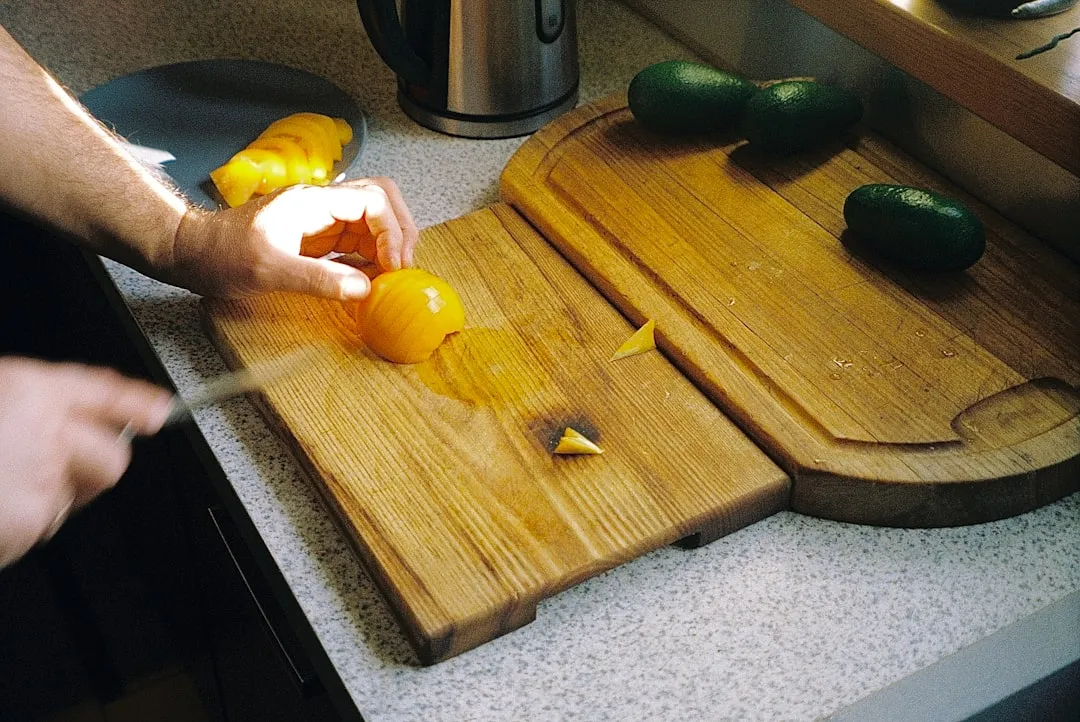
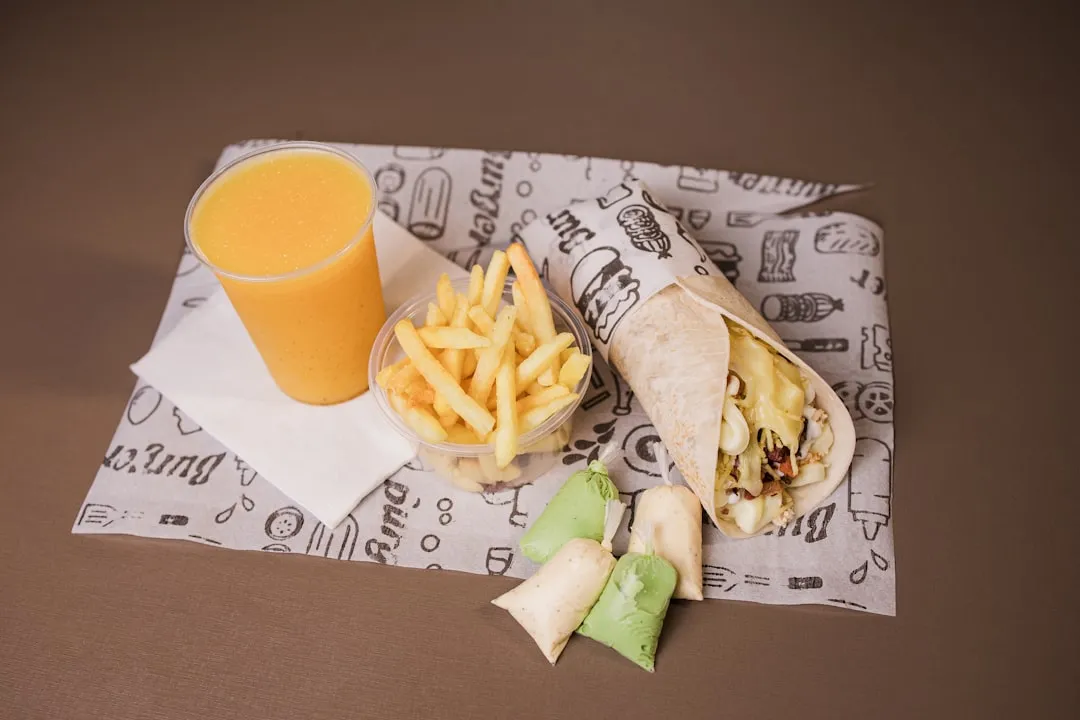

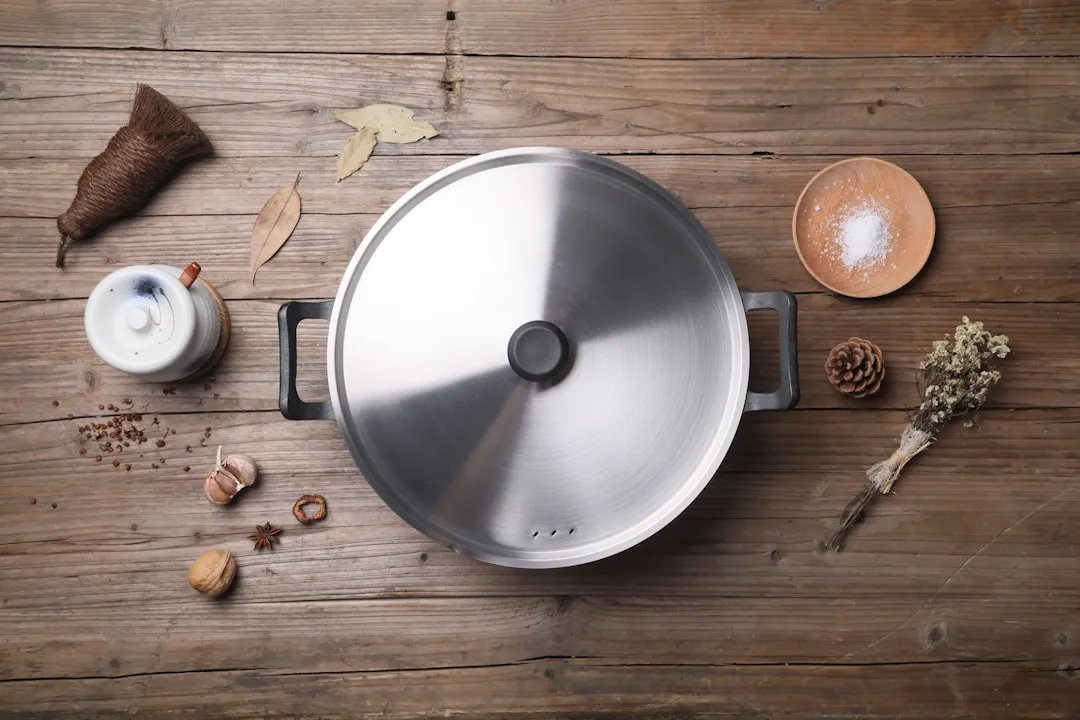
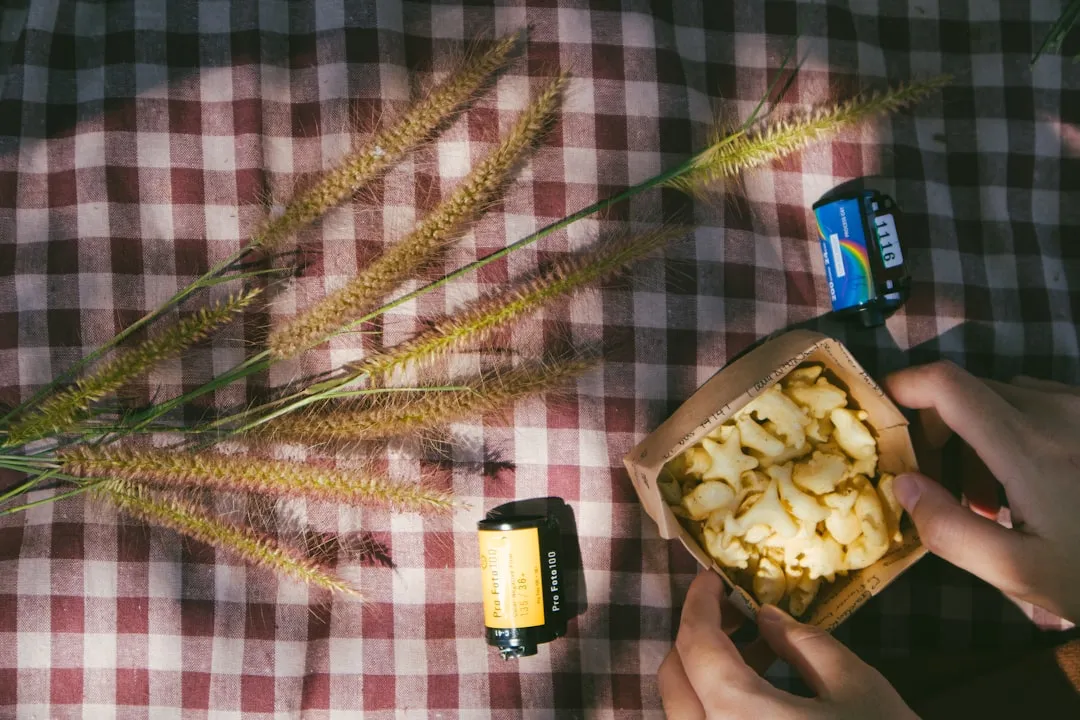
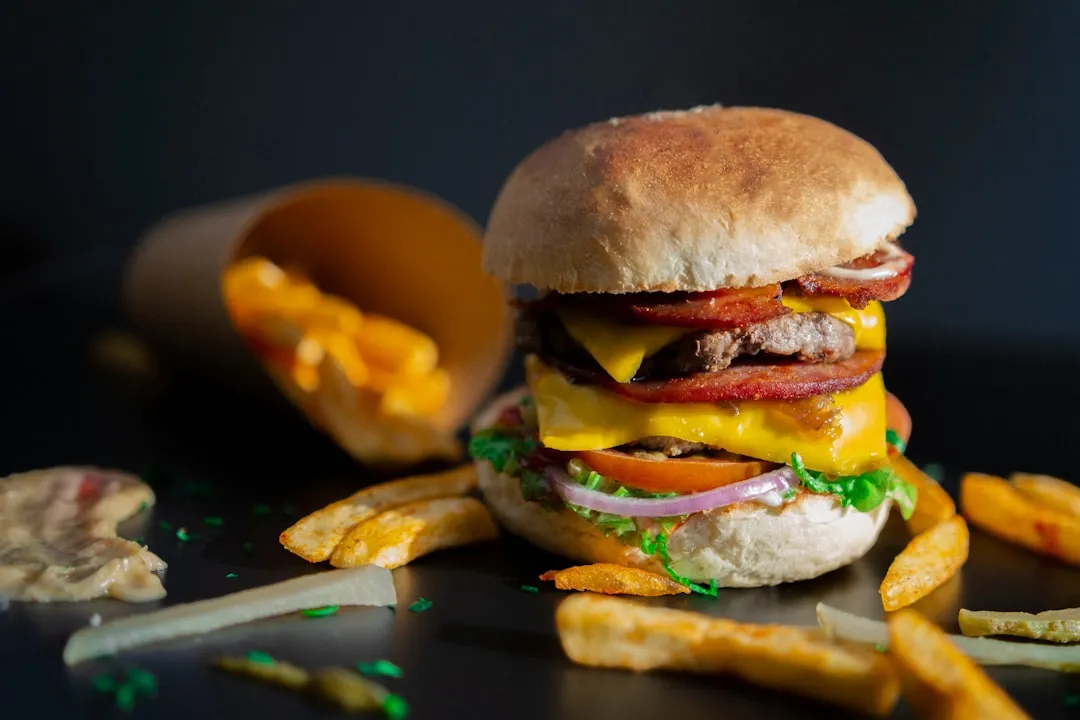

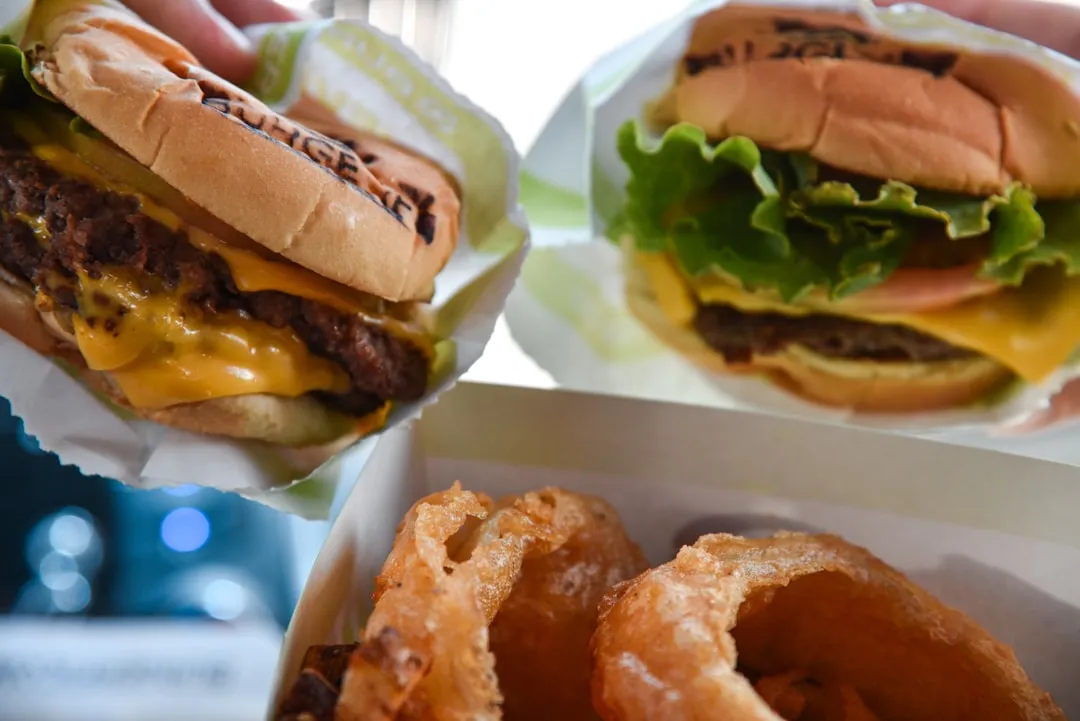

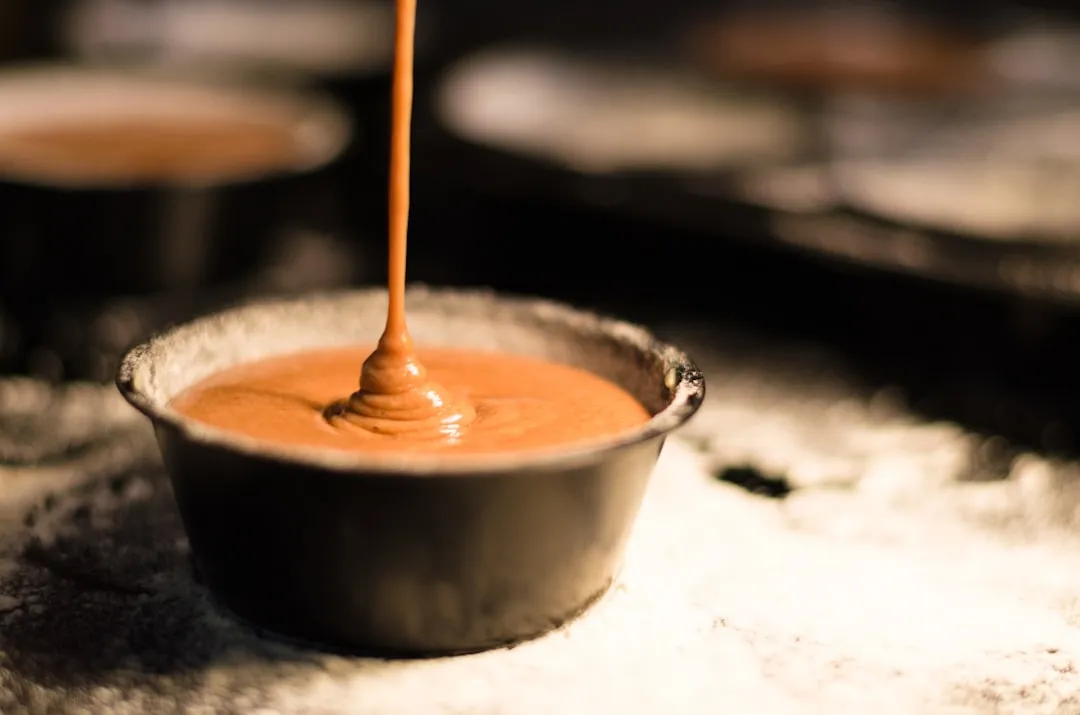

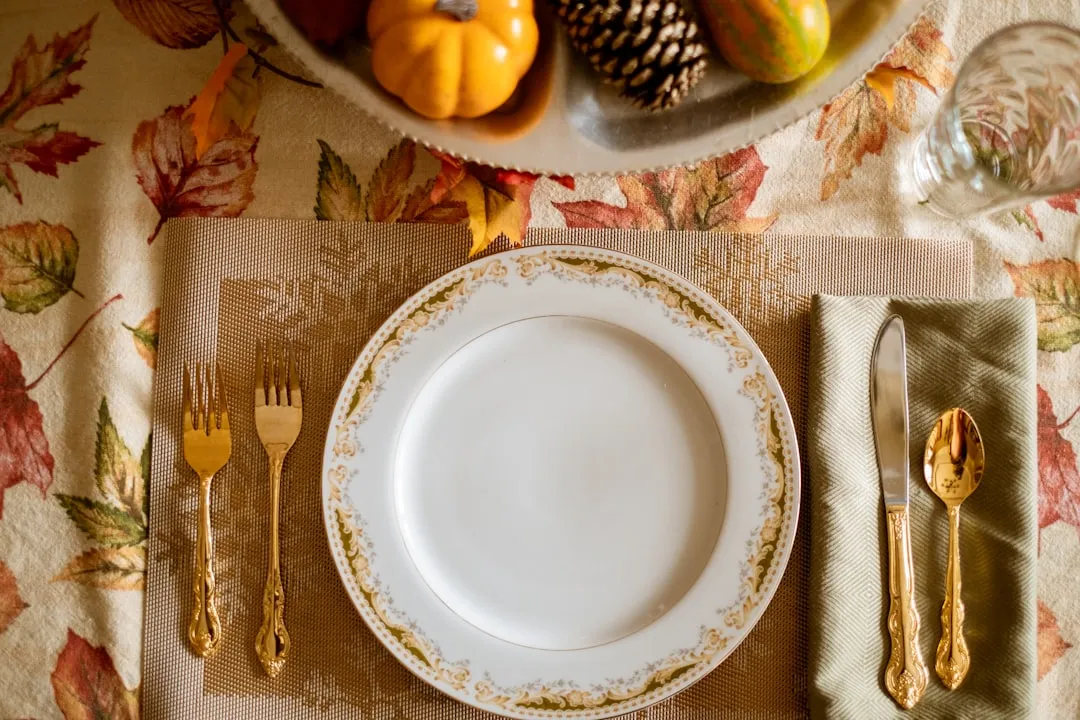





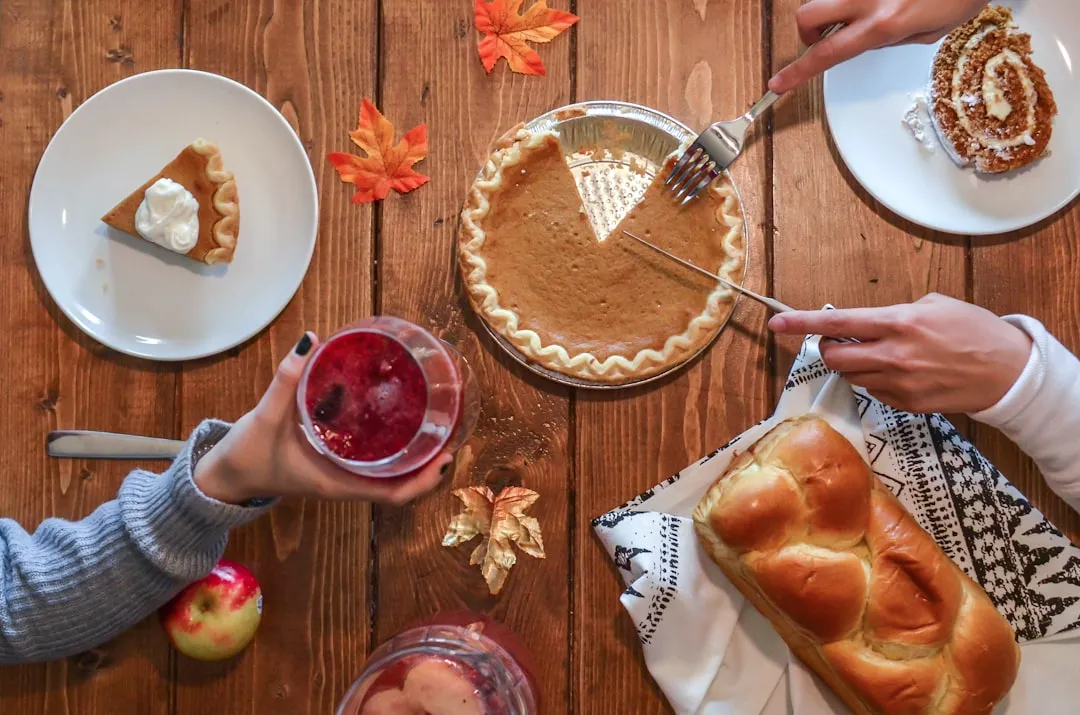


Comments
Be the first, drop a comment!